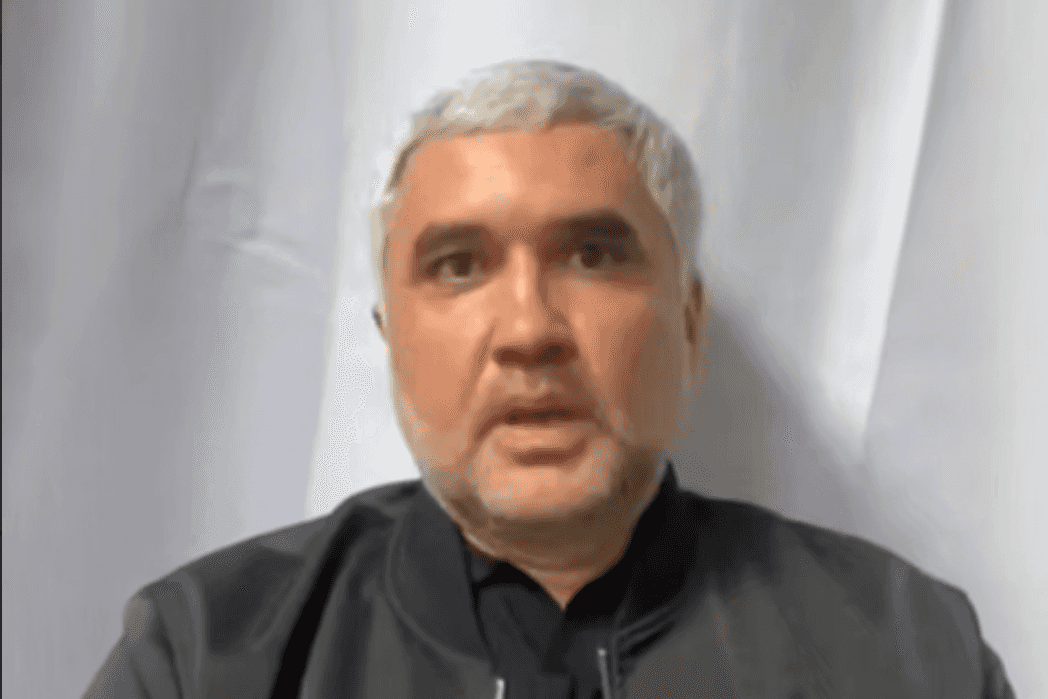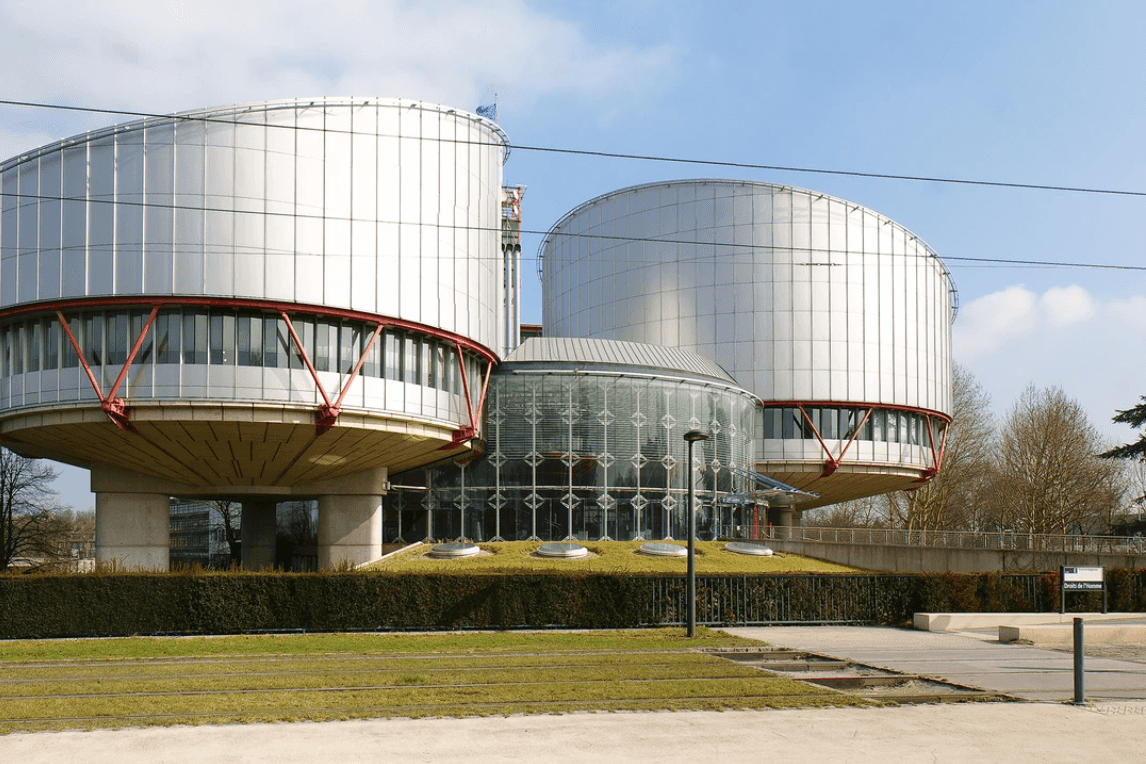
Georgian media watchdogs have rung the alarm over a draft law initiated by the government which they fear might significantly damage the media environment and influence critical media outlets.
The bill would allow the National Communications Commission, the state telecommunications regulator, to appoint a ‘special manager’ at electronic communication network operators for up to two years.
This would be done if the commission determined that fines would not ensure the enforcement of a decision by the commission or if suspending or revoking a network operator’s licenses could harm public safety or the economy.
According to the bill, the special manager would be entitled to override all decisions within a network operator, including those of the director, board of trustees, and shareholders.
If the bill passes, the Communication Committee will also be authorised to sell licensee’s shares.
Additionally, the bill would mean that any legal appeals by a network operator over a decision by the commission would not suspend the decision while it is considered by the courts.
The authors of the bill — the government and the Communications Commission — have requested that parliament consider it in an expedited manner.
Critics concerns
After coming under criticism from media rights groups, the Communications Commission told local media that the bill would concern broadcasters or the media in general and applied only to ‘entities of critical infrastructure’ like mobile and internet operators.
They said that the bill was designed to bring Georgia in line with the requirements of the EU–Georgia Association Agreement.
Natia Kuprashvili, the Chair of the Tbilisi-based Journalism Resource Centre, said that the commission’s claims that the bill would not concern broadcasters were not true.
‘The Communications Committee claimed that the bill applies to critical infrastructure only, however, for now, this is not reflected in the draft law,’ Kuprashvili told OC Media.
‘Moreover, they demanded the bill be immediately considered and we don’t know that they will reflect what they claim in the bill eventually.’
She elaborated that in its current form, the bill could apply to certain broadcasters, including TV Kavkasia and TV 25.
Mariam Gogosashvili, the director of the Georgian Charter of Journalistic Ethics, told Radio Tabisupleba that some broadcasters would fall under the bill as they also operated as telecommunication companies.
‘For example, a large number of regional broadcasters are multiplex-operators. If a special manager is appointed, they will be dealing with broadcasters as well despite claims that they won’t,’ said Gogosashvilil.
On 7 July, the Media Advocacy Coalition, a group of organisations supporting free speech, criticised the bill and warned that ‘the draft law risks an unjustifiable suppression of freedom of expression and its adoption will cause grave harm to the media environment.’
They called on the government not to adopt the bill during the pre-election period and said that it should be discussed with the wide participation of broadcasters, license-holders, and experts.
On Tuesday, another rights group, the Democracy Research Institute, called on parliament not to support the bill.
They said that more details were needed on the proposed rights and responsibilities of the ‘special managers’ as well as supervision mechanisms and the criteria for their appointment.
Broadcaster’s overdue taxes
The Georgian government has previously been accused of pressuring critical television channels over its attempts to collect overdue taxes from them.
Since the beginning of 2020, the Ministry of Finance has requested payment collections from several TV channels, including Mtavari Arkhi, TV Pirveli, and Kavkasia TV.
‘We have reiterated many times that selective payment policy regarding broadcasters still remains a tool of the government to pressure the media’, the Media Advocacy Coalition said in a statement in March.
In August 2019, Finance Minister Ivane Matchavariani identified Imedi, Rustavi 2, and Maestro as the TV companies with the largest outstanding tax debts, urging them to pay what was owed.
Later in December, the finance ministry notified broadcasters Kavkasia, Pirveli, and Rustavi 2 and their banks that they would begin seizing overdue taxes from the TV companies.
On 23 December, the ministry gave the companies a one-day deadline to cover the principal of debts accumulated since October.
‘Thus came an encashment notice upon our accounts! Thank you, Government’, TV Kavkasia’s Director, Nino Jangirashvili, wrote on Facebook.
Jangirashvili announced at the time that the company would ‘boycott’ taxes because the government was applying an unjust and selective approach to taxing TV stations, giving preferential treatment to broadcasters loyal to them with long-term payment plans.









